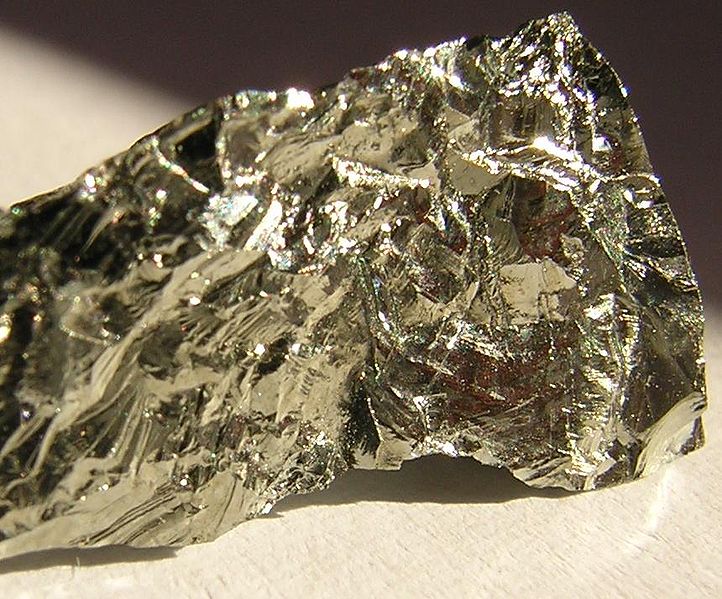
China has announced a ban on exports to the United States of critical minerals such as gallium, germanium, and antimony, citing their potential military applications. The directive, issued by
China’s Ministry of Commerce on Tuesday, coincides with a new round of U.S. restrictions targeting China's semiconductor sector, marking another escalation in trade frictions between the two global powers.
The ban focuses on dual-use items that have both military and civilian applications. It includes tighter regulations on the end-usage of graphite-related materials shipped to the U.S., effective immediately.
"In principle, the export of gallium, germanium, antimony, and superhard materials to the United States shall not be permitted," stated the Ministry of Commerce, citing national security concerns.
This latest move builds on restrictions China introduced last year but specifically targets the U.S. It comes at a time of heightened trade tensions as the two largest economies intensify their competition over critical technologies and supply chains.
While the U.S. has historically been a key market for these minerals, Chinese customs data reveals there were no exports of wrought or unwrought germanium and gallium to the U.S. from January to October this year. This is a sharp contrast to 2022 when the U.S. ranked as the fourth and fifth-largest importer of germanium and gallium, respectively.
Gallium and germanium are essential for semiconductor manufacturing, with germanium also used in infrared optics, fiber optic cables, and solar cells. Antimony, another restricted mineral, is crucial for the production of ammunition, infrared missile systems, nuclear weapons, and night vision goggles, as well as batteries and photovoltaic devices.
China is a dominant player in these markets. In 2023, it accounted for 59.2% of global refined germanium production and an overwhelming 98.8% of refined gallium output, according to consultancy Project Blue. Furthermore, China mined nearly half of the world’s antimony last year.
October saw a significant decline in China's exports of antimony products, plunging 97% from the previous month after the restrictions took effect. The price of antimony trioxide in Rotterdam has surged 228% this year, reaching $39,000 per metric ton by late November, according to Argus data.
Industry experts warn the move could exacerbate supply chain disruptions in the West, where access to these raw materials is already constrained. Jack Bedder, co-founder of Project Blue, described the restrictions as "a considerable escalation of tensions in supply chains."
The announcement has also triggered a global scramble to identify alternative sources. "Everyone will dig in their backyard to find antimony. Many countries will try to locate antimony deposits," remarked a European metals trader, who requested anonymity.
China’s decision follows the U.S. unveiling its third round of sanctions in three years against Beijing’s semiconductor sector. The latest measures impose export controls on 140 Chinese entities, including chip equipment manufacturer Naura Technology Group.
This development also comes amid renewed rhetoric from U.S. President-elect Donald Trump, who has pledged to reintroduce tariffs on Chinese goods, including a potential 60% tariff on imports. Trump’s previous term in office was marked by a protracted trade war with China, and his campaign promises suggest a similar hardline approach in the future.
As the U.S. and China continue to lock horns over trade, technology, and supply chains, the impact of these escalating measures is likely to reverberate across global markets for years to come. Photo by by Gibe (selfmade), Wikimedia commons.









































